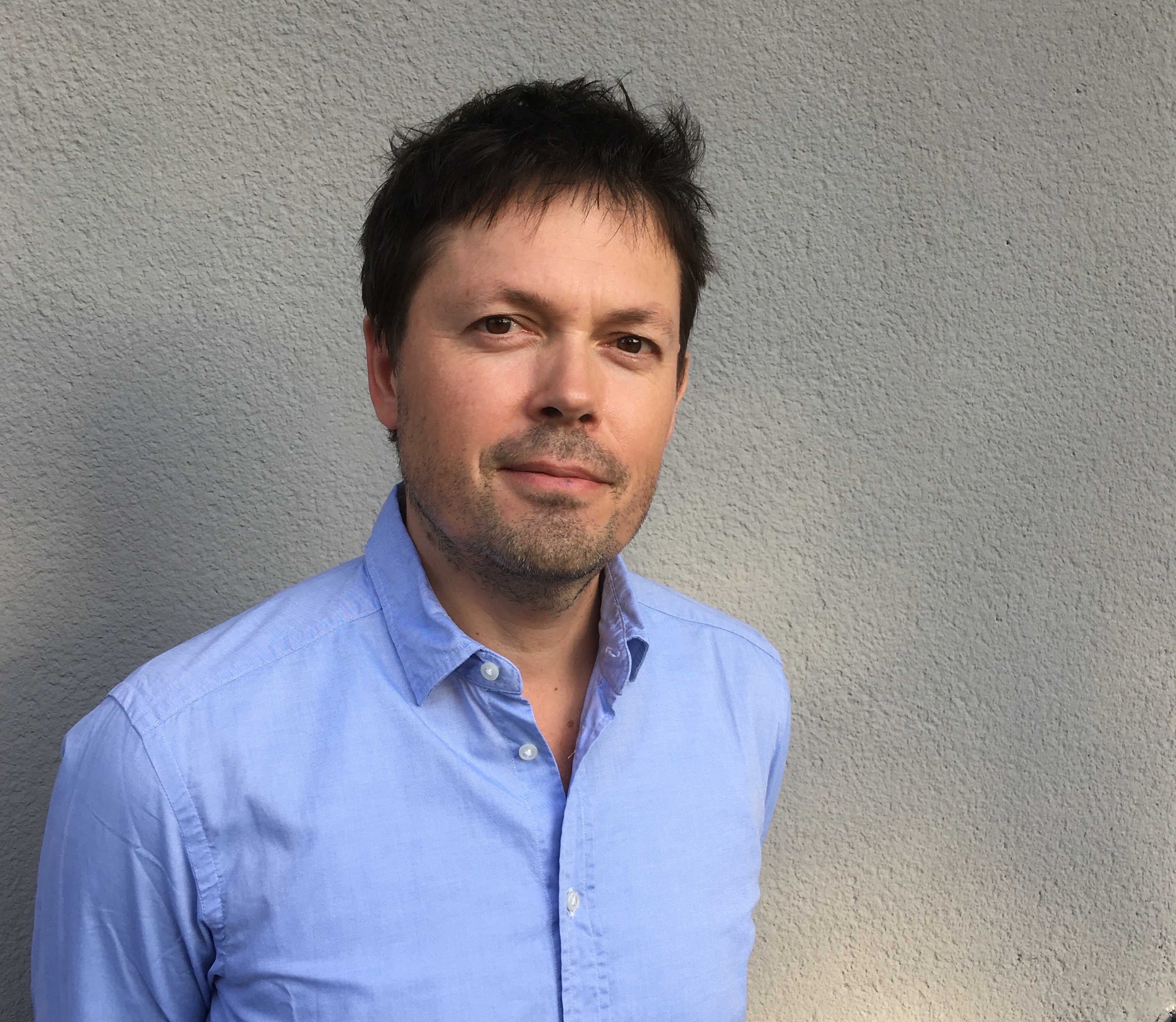Robert Felfe
The art historian's research focuses on the relationship between the visual arts, knowledge and nature. The historical focus is on the early modern period - but many of the guiding questions are highly topical. They apply, for example, to concepts of natural history and the role that the visual arts and visual media played in its development. Or the question of connections between art and ecological thinking, long before the crises of our present day. A central subject of her own research is the art and curiosity chambers of the Renaissance and Baroque periods; those early museums in which works of art and antiquities, artifacts from non-European cultures, natural objects and scientific instruments were exhibited as a context. These microcosmic representations of nature and culture were the subject of study visits to Florence, Zurich and London, for example, as well as numerous international lectures and publications.
Current focal points are also: studies on printing processes in the art of the 16th to 19th centuries, with the management of a separate FWF project entitled "Image Techniques of Co-Production". Another research project is dedicated to tendencies of "naturalism" in the visual arts. Here, the focus is on the long-lasting ideal of artistic imitation of nature, but in particular on a critical examination of the areas of tension associated with this dictum between aesthetic experience, possible promises of truth in images and their ideological implications. Another current project focuses on Mediterranean harbor scenes and coastal landscapes in Dutch painting in the context of colonial expansion in the 17th century. The latter two projects are integrated into the Faculty of Humanities' current focus on "Perception..." and "Trans-Mediterranean Entanglements...".
